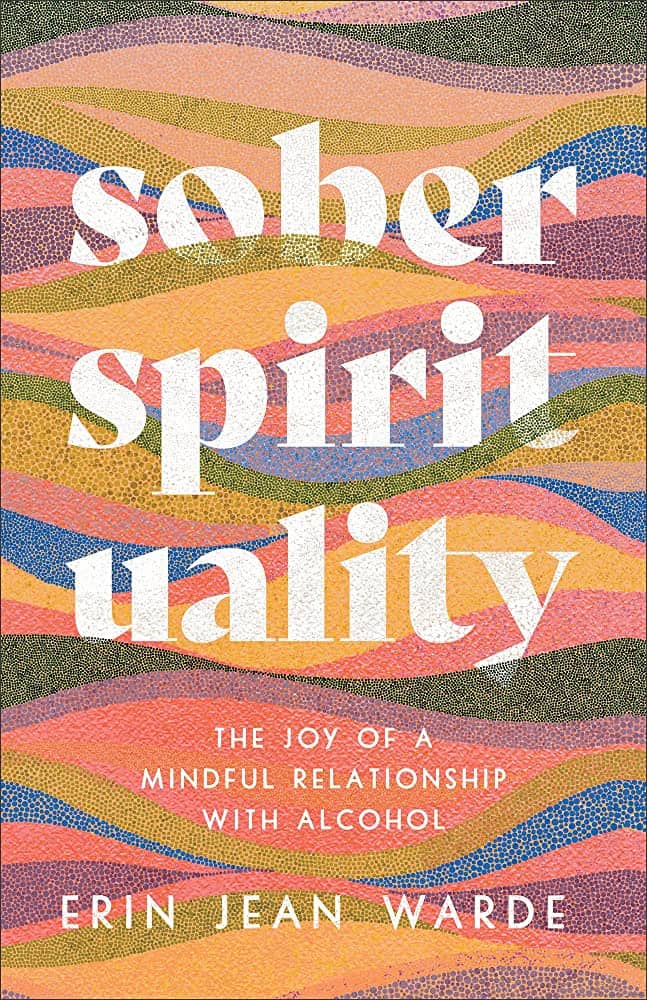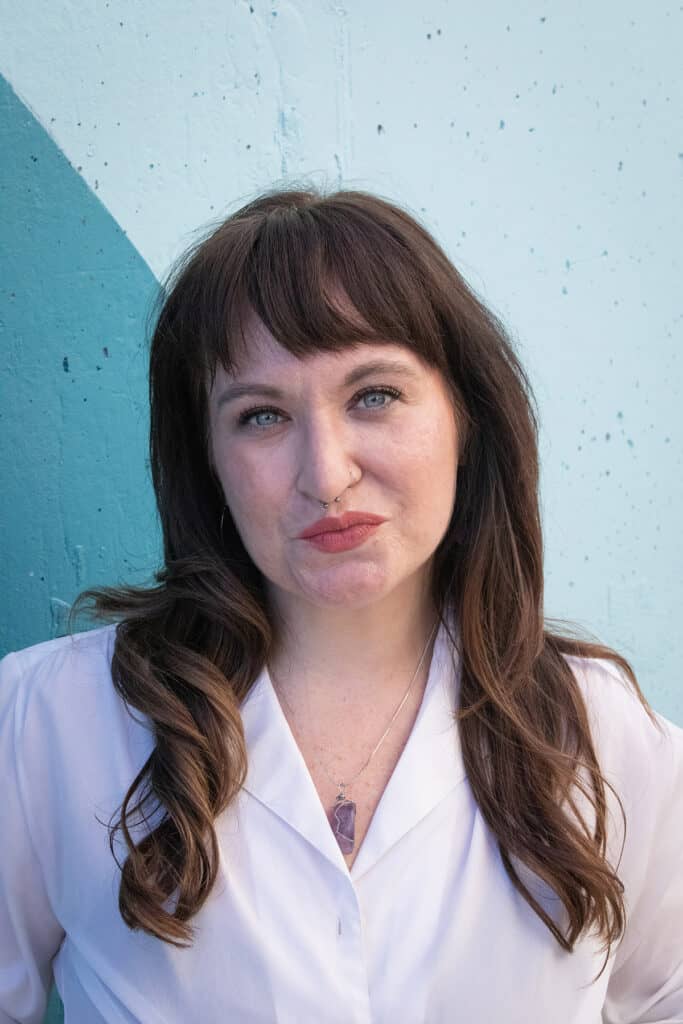When I meet with a recovery coaching client for the first time, I ask for a brief history of their relationship with alcohol. I listen for the narratives inside a person’s drinking history. Narratives tell me how a person understands the importance of drinking in their lives, how alcohol has been used, and the messages that undergird how they drink. Many of the same narratives pop up frequently: drinking to fit in, drinking to try to build community, the idea that drinking is a part of who they are, and drinking to cope with stress or trauma. We have to reckon with how these narratives are interwoven with drinking, because they invite us to remember how we have created a false binary between those who drink and those who “have a problem.” A healthier and more compassionate reaction is to notice these pervasive narratives and how they are part of the lives of many different people who drink, regardless of how they drink. We can break down the binary and see in other people some of our own narratives, which joins us to one another in a common challenge without making any individual the “problem drinker.”
 My drinking history speaks to how trauma can change a relationship with alcohol. I was a social drinker, sometimes overdoing it in communal settings, and then I tried to cut back when I started my first job. However, later I experienced trauma and couldn’t escape the overwhelming feeling that I wasn’t safe, even in my own home. The lack of safety, coupled with other stressors, led to me, like clockwork, cracking open a bottle of wine at the end of a long day. I would cross the threshold into my home and struggle with the effect of trauma on my mind, body, and soul. Homes are thought of as “safe havens,” but if violated, homes can become triggers. As I began to heal from trauma (a lifelong process, but I was getting better), my drinking didn’t change, because it had become a pattern. Our bodies don’t differentiate between patterns we end up in situationally and habits we intend to take on for life, so even if we can change the stimuli, the ingrained pattern can then become the trigger. I wasn’t coming home to a physical space being the trigger, but now the cue was simply coming home. A person can get out of a triggering situation and discover that their cues and triggers have adapted because of patterns developed over time, even when they have been working hard to try to heal.
My drinking history speaks to how trauma can change a relationship with alcohol. I was a social drinker, sometimes overdoing it in communal settings, and then I tried to cut back when I started my first job. However, later I experienced trauma and couldn’t escape the overwhelming feeling that I wasn’t safe, even in my own home. The lack of safety, coupled with other stressors, led to me, like clockwork, cracking open a bottle of wine at the end of a long day. I would cross the threshold into my home and struggle with the effect of trauma on my mind, body, and soul. Homes are thought of as “safe havens,” but if violated, homes can become triggers. As I began to heal from trauma (a lifelong process, but I was getting better), my drinking didn’t change, because it had become a pattern. Our bodies don’t differentiate between patterns we end up in situationally and habits we intend to take on for life, so even if we can change the stimuli, the ingrained pattern can then become the trigger. I wasn’t coming home to a physical space being the trigger, but now the cue was simply coming home. A person can get out of a triggering situation and discover that their cues and triggers have adapted because of patterns developed over time, even when they have been working hard to try to heal.
My recovery coaching practice is founded on the truth that coping is normal. Coping is not something to be ashamed of; coping is an inevitability of being alive. Everyone faces realities that require coping, and how we cope depends on many factors. We have to acknowledge the factors that are not in our control: class, race, genetics, family of origin, trauma history, the state of our mental health, the state of our physical health, disability, access to health care, responsibilities entrusted to us, and much more.
When I look back at my heaviest drinking days, the days of the deep trauma and the intensive therapy I went through to try to heal, I know that drinking was how I was surviving, and on my best days I don’t fault myself for staying alive. If you are struggling with alcohol, you are likely trying to survive. Changing how we drink is the work of recognizing how we are coping, asking ourselves whether drinking is helping us heal, and honoring the factors that challenge our coping. It’s not about demonizing your current coping but about adding new coping mechanisms into the mix so that we can cope in a way that truly leads toward healing.
This is part of why we have to change dominant narratives around drinking. It’s considered normal for friends to take you out drinking after a breakup, normal to go on the “Olivia Pope diet” of wine and popcorn, normal to own a wine glass that fits an entire bottle so you can say “I only had one glass,” as the memes proclaim. But when trauma is added to the mix, this way of coping (whether it is coping with a breakup, with the stressors of an intense job, or with loneliness) will place more stress on our nervous system. The mixture of a person facing trauma, or even just the daily challenges of being alive, with the messages that drinking away problems and stressors is “just the way things are” causes harm while a person is already struggling. Asking for help is always an exercise in vulnerability to some degree, but we have heaped so much judgment and stigma onto this specific part of our lives that our vulnerability is heightened. In an ideal world, changing our relationship with alcohol would be as commonplace and acceptable as any other dietary choice we make.
Excerpted from Sober Spirituality by Erin Jean Warde, ©2023. Used by permission of Brazos Press.
 Erin Jean Warde (MDiv, Seminary of the Southwest) is an ordained Episcopal priest, spiritual director, sobriety coach, and speaker who lives in Austin, Texas. She offers a course (Discerning Sobriety), Substack community, and podcast. She is also a founding editor and editor-at-large of Earth & Altar and has written for Mockingbird, the Christian Century, and Grow Christians.
Erin Jean Warde (MDiv, Seminary of the Southwest) is an ordained Episcopal priest, spiritual director, sobriety coach, and speaker who lives in Austin, Texas. She offers a course (Discerning Sobriety), Substack community, and podcast. She is also a founding editor and editor-at-large of Earth & Altar and has written for Mockingbird, the Christian Century, and Grow Christians.


